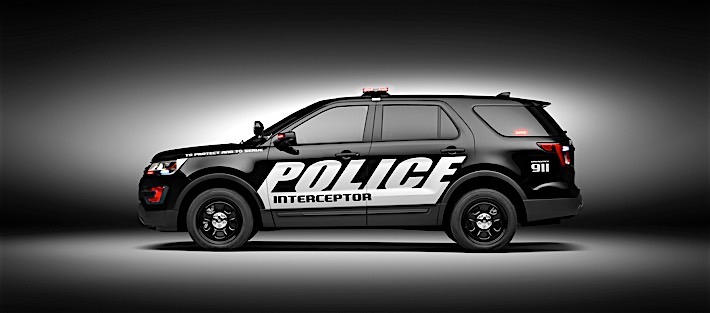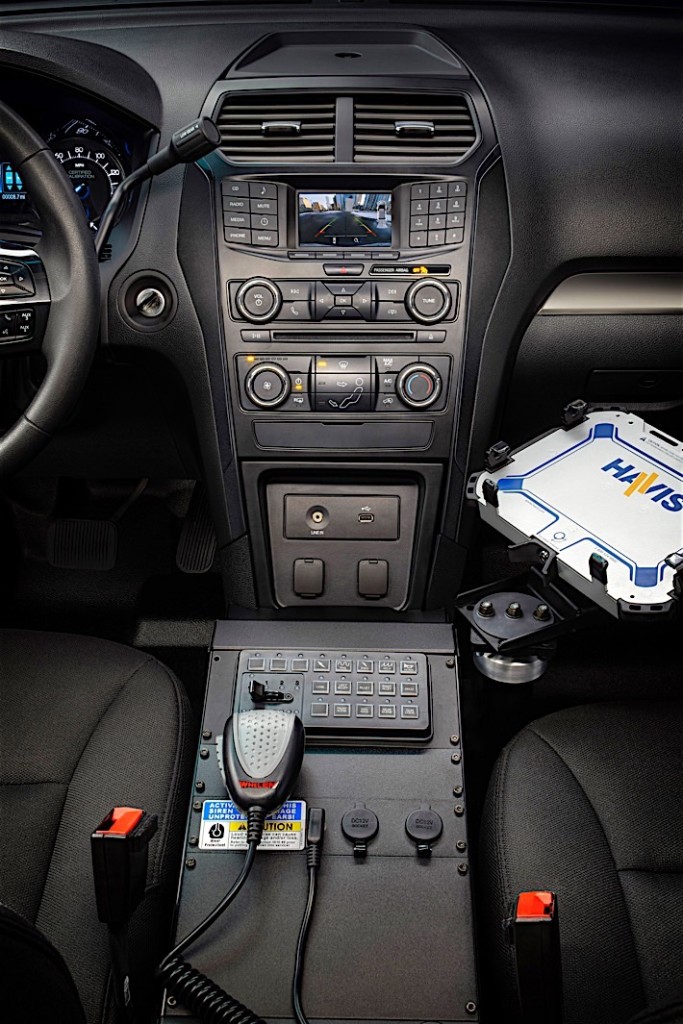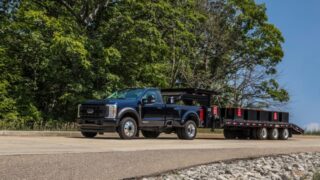OP-ED: Law Enforcement Shouldn’t Be Exempt from Distracted Driving Laws
Police are necessary. While I definitely don’t like getting pulled over and issued a citation, the law enforcement officer is just doing their job, and I was breaking the law. But just because police are enforcers of the laws set forth by the legislature, it doesn’t mean they should be exempt from following those laws.
I remember one day driving north on Interstate 75 just outside of Cincinnati. I was in the fast lane, just behind a car that was going a bit slower than I was (I wasn’t holding up traffic). Traffic was heavy, but we were moving at least. A local sheriff gets right up on my bumper and turns his lights on.
I shift to the middle lane as I start to head towards the shoulder. The deputy stays in the fast lane and gets on the bumper of the car in front of me. The car shifts to the middle lane. The deputy then turns off his lights and continues to drive in the fast lane unobstructed.
I’ve also witnessed, coincidentally also in Cincinnati, a CPD officer sitting at a red light turn on their lights, drive through the red light, then turn them back off.
Plus, how many times have you witnessed a police speeding by you without lights and sirens on? It makes you wonder, are they really responding to a call or are they just in a hurry?
Of course, there are times when a police officer would need to speed but not use lights and sirens. I do totally get that, but the point is that police can often do what they want by saying it was required for the job.
This morning, I saw a city ordinance that was just passed in Little Elm, Texas. I don’t live in this town, but here’s how the police department summarized the ordinance on Facebook;
In a nutshell it is now an offense for a driver to use a hand-held device while operating a motor vehicle and:
(a) Engage in a call;
(b) Send, read or write a text message;
(c) Take or view pictures or written text whether transmitted by Internet or other electronic means, or access or view an Internet website or software application;
(d) Engage in gaming; or
(e) Engage in any other use of the device while operating a motor vehicle. This includes holding the hand-held wireless communication device.It DOES NOT APPLY to a driver of a motor vehicle using a hand-held wireless communication device:
(a) While the vehicle is legally parked as that term is defined herein, or is being driven on private property;
(b) That is used with a hands-free wireless communication device;
(c) If the operator is a law enforcement officer, firefighter, member of a governmental emergency medical services function, or member of a governmental emergency management function, and the operator is using the device to conduct official business related to the position; or
(d) Who is licensed by the Federal Communications Commission while operating a radio frequency device, other than a hand held wireless communication device; or an operator using a two-way radio communication device.It DOES NOT prohibit a person from using a hand-held communication device for the purpose of:
(a) Reporting illegal activity to a law enforcement agency;
(b) Communicating with an emergency response operator, a fire department, a law enforcement agency, a hospital, a physician’s office, or a health clinic regarding a medical or other emergency situation; or
(c) In the reasonable belief that a person’s life or safety is in immediate danger.
Take a close look at the DOES NOT APPLY section, and make note of the (c) entry;
(c) If the operator is a law enforcement officer, firefighter, member of a governmental emergency medical services function, or member of a governmental emergency management function, and the operator is using the device to conduct official business related to the position;
That’s right, a police officer can legally text and drive if he or she claims it’s required for work. Right.
I can understand the need for a laptop computer in a police cruiser, and I also understand that the officer might need to use that laptop while the vehicle is in motion.
I also understand that most police officers receive more extensive driver training (at least they should) than a normal person driving.
But not that long ago, text messaging wasn’t a thing. How was police work done before then? Talking on the phone and talking on the radio. I’ve seen my share of police officers driving down the road texting on their phone. I doubt it was work related.
But my real point is that there’s no need here. If you look at Ford’s police vehicle offerings, both the Police Interceptor Sedan and Police Interceptor Utility (the Taurus and Explorer) offer Ford’s complete suite of SYNC technologies.
That means that you can use the phone handsfree. You can send text messages hands free. If the rest of the public is required to use this technology, and car companies are spending so much money on the technology to make driving safer, then why should law enforcement get an exemption?
They shouldn’t.
What do you think? Let us know over in the forums!








